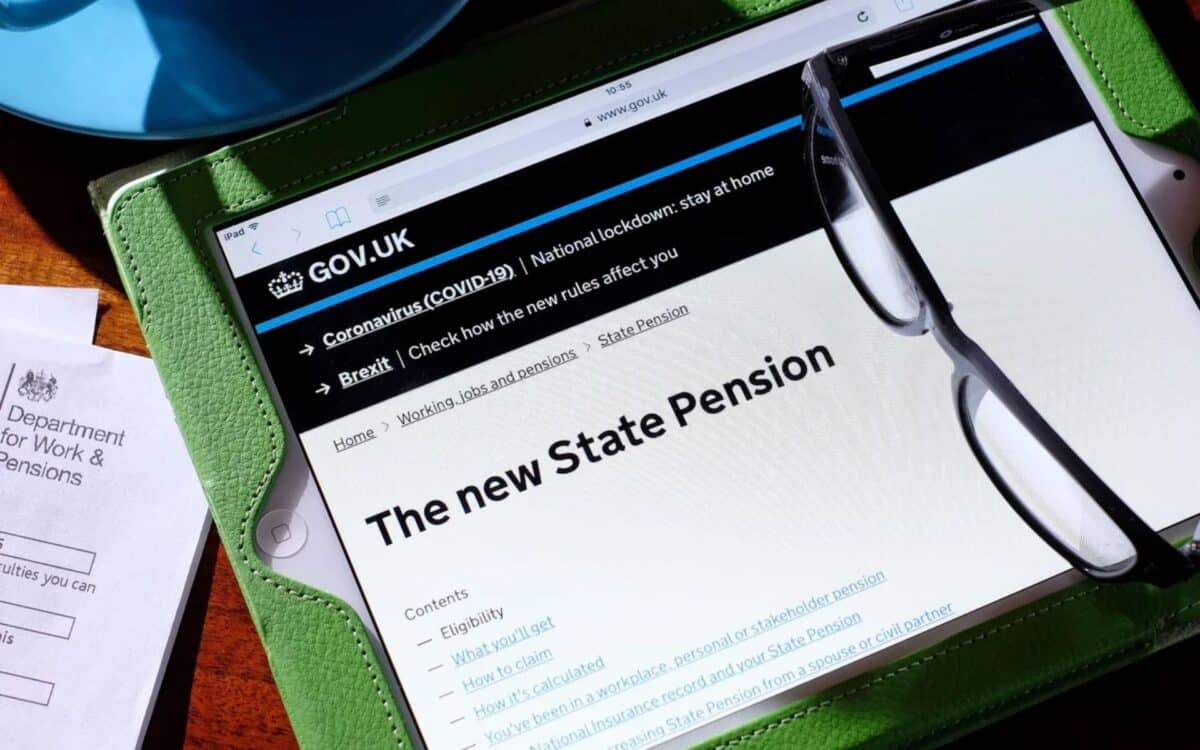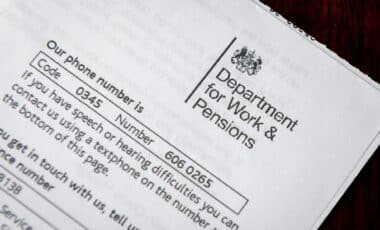The UK Government has confirmed a 4.1% rise in the DWP state pension, taking effect from April 7, 2024, directly after the new tax year began on April 6. This latest adjustment stems from the triple lock mechanism, which guarantees that state pensions increase annually based on the highest of wage growth, inflation, or a 2.5% minimum.
According to reporting from DevonLive, this increase reflects recent wage data, which surpassed inflation in the relevant calculation period. The measure is intended to ensure that pension incomes retain their real value, offering retirees more financial stability amid changing economic conditions.
Annual Pension Increase Now in Effect
Pensioners receiving the new flat-rate state pension—available to those who reached retirement age after April 2016—will see their annual payments increase by £472, bringing their weekly income to £230.25.
Those on the old basic state pension, for retirees whose pension age predates April 2016, will see a smaller increase of £363 annually, or £176.45 per week. This creates a £100 yearly gap between the two systems.
To receive the full state pension under either system, individuals typically need 35 qualifying years of National Insurance contributions.
Despite recent speculation within financial circles about the potential phasing out of the triple lock, the government has reaffirmed its dedication to the policy. Speaking on the matter, Secretary of State Liz Kendall declared :
Our ironclad commitment to the triple-lock gives pensioners across the country the certainty and security they need to live a full life in retirement.
We are putting more money in people’s pockets and driving up household income.
The triple lock guarantees that pensions rise each year by the highest of consumer price inflation, average wage growth, or 2.5%. This year’s adjustment was determined by wage growth, which exceeded inflation.
Broader Economic Context : Fiscal Drag and Tax Thresholds
While pensions are increasing, income tax thresholds remain frozen until 2028. This contributes to a fiscal effect known as fiscal drag, where rising incomes push more individuals into higher tax brackets, even without any increase in nominal tax rates.
As a result, some pensioners could find a portion of their pension increase effectively reduced through higher tax liabilities, especially those with additional private income or part-time earnings.
Government Funding and Policy Priorities
Minister for Pensions Torsten Bell emphasized the government’s financial commitment to supporting retirees, stating:
Raising the State Pension and rescuing the NHS – these are this government’s priorities to give all pensioners the dignity they deserve in their retirement.
Those who have worked hard throughout their lives, paying into the system, are owed nothing less.
He also noted :
We’re improving the lives of millions of pensioners through our £7.84 billion additional funding for the State Pension this year.
That means up to £470 extra in pensioners’ pockets from this week and comes alongside our work to boost Pension Credit uptake, and the £26 billion we’ve invested in the NHS, that has seen waiting lists in England fall for 5 months in a row.
These combined efforts aim to ease financial pressure on pensioners and improve access to healthcare services, amid ongoing economic adjustments.









